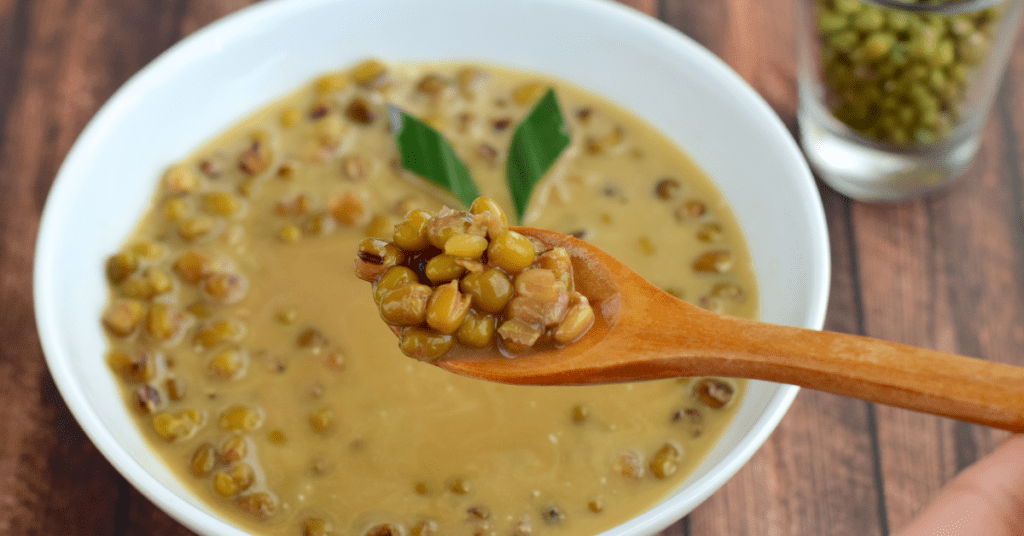Introduction
The monsoon brings respite from the intense summer heat and soothes the dry, arid earth and comforts people. While some love getting drenched in rain, for others the unexpected showers bring about a variety of health concerns, owing to the sudden climate change. It is not uncommon to fall sick in the rainy season; be it a simple cold, skin issues, low immunity or more serious health conditions like dengue.
Is there a way to enjoy the rains without falling sick every now and then? How can we improve our immunity according to Ayurveda? Let us explore the ways to improve immunity with this blog.

Understanding the Monsoon Season
According to Ayurveda, the year is divided into six seasons known as ritus: Sisira (winter), Vasanta (spring), Grishma (summer), Varsha (monsoon), Sharat (autumn), and Hemanta (pre-winter). The period from mid-July to mid-September is known as Varsha Ritu or the monsoon season. During this time, the sun moves towards the south, a phase known as Dakshinayana or Visarga Kala. The body’s strength or bala tends to decline during this season, the Agni (metabolism) becomes very low and immunity declines.
Ayurveda's Perspective on Immunity
The concept of immunity in Ayurveda is termed as ‘vyadhi-kshmatva’, where Vyadhi means ‘disease’ and Kshamatva means ‘resistance’. The concept of vyadhikshamatva involves two main factors: vyadhibalavirodhitwa and vyadhi utpadpratibandhakatva. The first factor refers to the ability of the body to weaken and fight off diseases in their early stages, while the second factor is about the body’s ability to prevent the formation and causes of diseases. Ayurveda recognizes three types of immunity:
- Sehaja vyadhi-kshmatva inherited from birth,
- Kalaja vyadhi-kshmatva developed in accordance with kala or time- i.e, seasons and different stages of age
- Yuktikrit Vyadhi-kshmatva acquired through diet and lifestyle choices.
Various factors influence our immunity, such as our Prakruti (body constitution), Ojas (essential body essence), Agnibala (digestive strength), Dosha balance, patency of srotas or body channels and emotional state. Ojas, crucial for health and immunity, is maintained through nutrition and an active lifestyle. A strong digestive fire supports tissue nourishment and immune strength, while emotional balance is integral to overall well-being and immune function in Ayurveda.

How can I boost my immunity in monsoons?
In Ayurveda, following a specific routine and lifestyle during the rainy season is crucial to avoid health issues. The rainy season can lead to an imbalance of Vata and Pitta, causing various diseases.
Diet to follow during monsoon:
An individual may encounter reduced appetite, so it is recommended to make adjustments to their diet and lifestyle during the monsoon season.
- To preserve your Agni, consume light and freshly prepared foods that include old grains of barley, wheat rice and immunity boosting foods in ayurveda like green gram (moong) soup (yusa).
- Consume a small piece of ginger with rock salt before every meal, to improve your digestion.
- Drink warm soups of vegetables seasoned with spices such like pepper, ginger, asafoetida (hing) and one of the best ayurvedic herbs for daily use- turmeric.
- As vata is aggravated in varsha rtu, a sour, salty and unctuous diet is preferred.
- Drink only boiled and cooled water. Drink water only when thirsty, as excess consumption of water can slow down metabolism.
- Eat warm, freshly prepared food and avoid raw foods.
- Avoid consuming stale food.
- Avoid curd which takes a longer time to digest,instead drink the supernatant part of curd (mastu), mixed with black salt, ginger and pippali.

Lifestyle during monsoon
Merely sticking to a healthy diet might not yield the desired outcomes unless complemented by a lifestyle conducive to the monsoon season. Here are some tips for making crucial lifestyle adjustments during the rainy season.
- Avoid day sleep as it slows down the metabolism.
- Keep the surrounding dry and clean.
- Avoid walking in dirty water.
- Avoid getting wet in the rain.
- Avoid excessive exercise as it may further aggravate Vata.
- Wear light, clean clothes.
Karkidaka Chikitsa for boosting immunity
In Kerala, the ancient practice of Karkidaka Chikitsa, observed during the monsoon season from mid-July to August, aims to rebalance Vata, Pitta, and Kapha doshas impacted by seasonal changes. This holistic treatment detoxifies and rejuvenates the body through Panchakarma procedures such as Vamana, Virechana, Nasya, Vasthi, and Raktamokshana, as well as Snehanam, Swedanam therapies like Abhyangam. Herbal and Navara rice boluses are utilized to revitalize muscles while warm, nourishing gruels aid in digestion. By embracing Ayurveda principles with personalized care, individuals can strengthen their immune system and promote long-lasting well-being. Consulting with a certified Ayurvedic practitioner ensures tailored recommendations for optimal health, enhancing immunity and building resilience. Incorporating these practices into everyday life fosters a more robust immune system.
Conclusion
Embracing the principles of Ayurveda provides a customized approach aimed at treating the underlying causes rather than just symptoms. By tailoring practices to suit individual body types and health conditions, it nurtures a strong immune system and lasting well-being. Following Ayurveda’s comprehensive methods fortifies immunity and enhances resilience. Make these techniques a part of your daily routine to develop a resilient immune system this monsoon.






